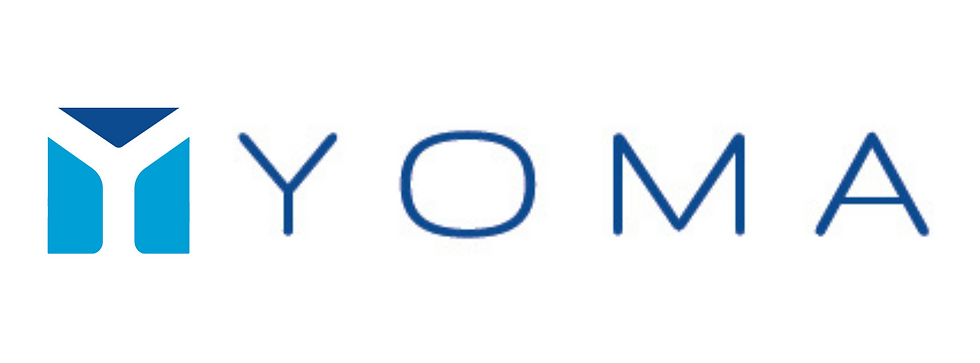The Unseen Choreographer: Medical Billing as a Pillar of Healthcare Access and Equity
Introduction: Beyond the Transaction
Medical billing, often perceived as a purely administrative or financial function, is the complex process of translating healthcare services into billable claims and ensuring reimbursement. While the "Medical Billing Market" is driven by revenue cycle management and operational efficiency, its profound impact extends far beyond commercial transactions, acting as a crucial non-market choreographer of healthcare access, equity, and the sustainability of the entire healthcare ecosystem.
Ensuring Healthcare Access and Sustainability (Non-Market Benefits)
Effective medical billing is not just about financial gain for providers; it's about maintaining the operational capacity that allows healthcare services to exist and be accessible:
Provider Viability and Service Continuity: Without efficient and accurate medical billing, healthcare providers—from individual clinics to large hospitals—would struggle financially, jeopardizing their ability to pay staff, purchase supplies, and maintain facilities. This directly impacts their capacity to offer services to patients. In essence, robust billing ensures the continuous provision of care, a fundamental public good.
Facilitating Equitable Access: While the market dictates the cost of services, a well-functioning billing system ensures that patients' insurance coverage is properly utilized and claims are processed smoothly. This reduces financial barriers for patients, helping them access necessary care that they might otherwise forgo due to cost concerns. This contributes to healthcare equity, a non-market social goal.
Supporting Public Health Programs: Many public health initiatives and government-funded healthcare programs rely on accurate billing and reimbursement mechanisms to track services, manage budgets, and ensure accountability. The infrastructure of medical billing supports these vital non-commercial endeavors.
Reducing Patient Burden: Efficient billing reduces errors and delays, which in turn minimizes stress and financial uncertainty for patients who are often already navigating illness. A transparent and accurate billing process builds trust and improves the overall patient experience, a non-monetary value.
Enhancing System Efficiency and Reducing Waste
The evolution of medical billing, particularly with the integration of advanced technologies, yields significant non-market efficiencies:
Reducing Administrative Waste: Errors in coding (e.g., ICD-10 with 70,000 codes, hundreds updated annually) and claims processing lead to denials, rework, and delayed payments – massive administrative waste across the healthcare system. AI in medical billing (as noted in recent trends, improving accuracy and speeding claims processing) dramatically reduces these errors. This non-market benefit translates to more resources being directed towards patient care rather than administrative overhead.
Improved Accuracy and Compliance: AI and machine learning tools can accurately assign billing codes, identify inconsistencies in medical records, and ensure claims align with industry regulations. This enhanced compliance not only reduces financial penalties but also upholds ethical standards of billing integrity.
Predictive Analytics for Proactive Management: AI can analyze billing data to identify patterns that lead to denials, allowing providers to proactively address issues before claims are submitted. This predictive capability improves revenue cycle management for providers, but also contributes to a more stable and predictable financial ecosystem for the entire healthcare sector.
Ethical Considerations and the Human Element
Despite its benefits, the increasing automation in medical billing raises non-market ethical considerations:
Algorithmic Bias: If AI algorithms are trained on biased data, they could inadvertently lead to discriminatory billing practices or disproportionately affect certain patient demographics in terms of claim processing or denials. Ethical AI development demands rigorous testing for bias and transparent algorithm design.
Transparency for Patients: While automation speeds processes, there's an ethical imperative to ensure patients still understand their bills, their insurance benefits, and have clear avenues for inquiry or dispute. The complexity of modern billing can be overwhelming, and technology should simplify, not obscure.
Job Displacement vs. Augmentation: While AI automates routine tasks, there's a non-market discussion about the impact on human employment in the medical billing sector. The goal should be to augment human capabilities, allowing staff to focus on more complex cases and patient interactions, rather than purely displacing jobs.
Data Privacy: The use of big data in medical billing requires strict adherence to privacy regulations to protect sensitive patient financial and health information.
Conclusion: The Invisible Engine of Care
Medical billing, far from being a mere financial transaction, is an invisible choreographer essential to the functioning, accessibility, and ethical integrity of the healthcare system. Its non-market contributions lie in ensuring provider viability, facilitating equitable patient access, reducing systemic waste, and supporting public health initiatives. As technology, particularly AI, continues to reshape this field, the focus must remain on leveraging its power to enhance efficiency and equity, ensuring that the financial engine of healthcare truly serves its ultimate purpose: delivering quality care to all.

